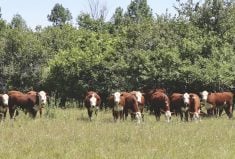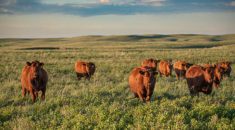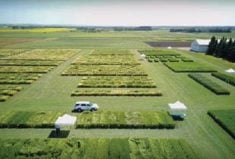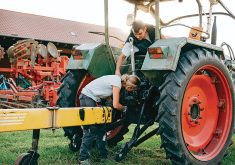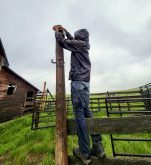Given the economic woes of Alberta in the past couple of years, David Lloyd has a pretty convincing pitch for anyone considering a career in agronomy.
“Since the downturn in the economy, from Jan. 1, 2015, we’ve added 150 to 200 new members a year,” said the CEO and registrar of the Alberta Institute of Agrologists. “We’re a proud profession that people are excited to be part of. So I think we have a really, really bright future.”
A glance at the agenda for the organization’s upcoming annual conference shows why, in Alberta at least, the standard definition of agrologists as “advisers to crop or livestock production,” is seriously out of date.
Certainly ag plays a big part — top officials from Alberta farm groups, the Western Grains Research Foundation, and the food industry will be on hand to talk about trends in agriculture and topics such as social licence. But there will also be presentations on nuclear fusion, the phase-out of coal, and mine tailings.
And it’s environmental work that has transformed the professional opportunities for anyone with the letters ‘P.Ag.’ or ‘RTAgs’ after their name.

“Up until 2001, the profession was predominantly agriculture — crops, animal science, soil and land,” said Lloyd. “In 2001, the Alberta government decided to hand over management of reclaimed land to the professions, and that caused several professions to be more actively engaged in reclamation and remediation. Then in 2006-07, the province required what they call ‘professional sign-off on reclamation activities’ — for well sites, mines, etcetera. That really spurred a growth in our profession.”
Although there are several professions with members who can sign off on reclamation work, agrologists have grabbed about 80 per cent of that business in Alberta, pushing membership numbers from about 1,400 in 2007 to about 2,700 today. Roughly two-thirds do environmental work — mostly in the oil and gas sector — with one-third in agriculture.
Read Also
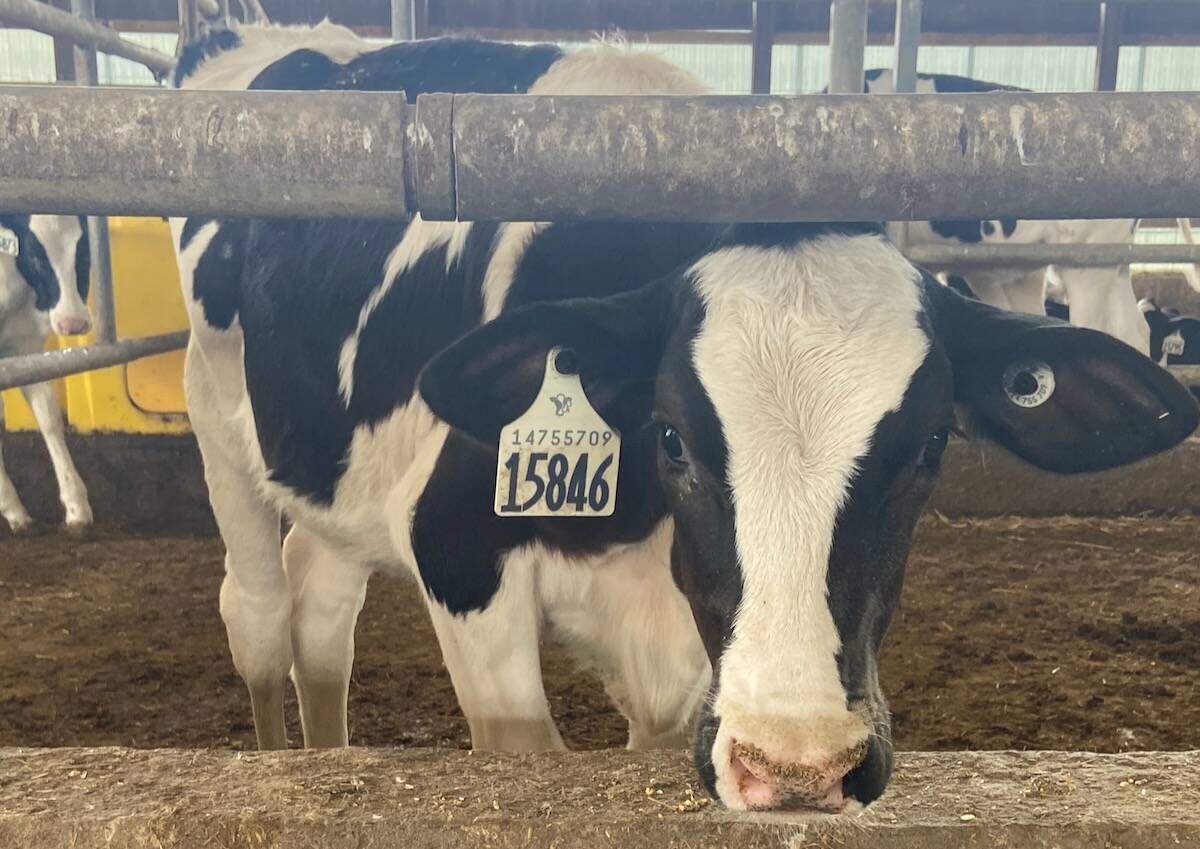
Rural municipalities push legalization of raw milk onto provincial agenda
Drinking raw milk comes with numerous risks, but proponents of a proposed amendment to Alberta’s Food and Drug Act say legalizing its sale could be a boon for small farms in the province.
“We have 16 technical practice areas and they’re very diverse and very complex,” said Lloyd. “They range from agricultural and natural resource economics — the business side of agriculture — to environmental assessment, remediation, and management of contaminated land. So it’s quite a divergent set of practices.”
The boom in membership has also changed the demographics of the profession, with an average age somewhere between 35 and 40. And, aside from the employment prospects, the appeal to young people is plain.
“It’s a lifestyle that’s outside and outdoors, whether it’s in agriculture or the environment,” said Lloyd. “And it’s a job where you get to apply your education and the skills you’ve developed.”
His organization is encouraging young people to consider a career in the field — whether that’s on farms or in environmental work, he said.
“We see considerable continued growth,” he said. “We have 10 post-secondary institutions feeding into our profession. The four key institutions are Lakeland College, Olds College, University of Alberta, and University of Lethbridge. Those institutions tend to tailor programs towards agriculture and environment that fit directly into our profession.”
P.Ag., which stands for professional agrologist, requires a four-year degree in agriculture or environmental science, with half of the courses related to agrology and approved by the agrologists institute. Requirements for becoming a RTAg — or registered technologist in agrology — range from a two-year college diploma to a four-year ag or environmental science degree that doesn’t have the full slate of approved agrology courses.
For more information, see www.albertaagrologists.ca (click on AIA Announcements at the bottom of the home page to find two videos on the profession). The institute’s annual convention (in Banff from March 13-15) is open to the public and has reduced conference fees for students.




